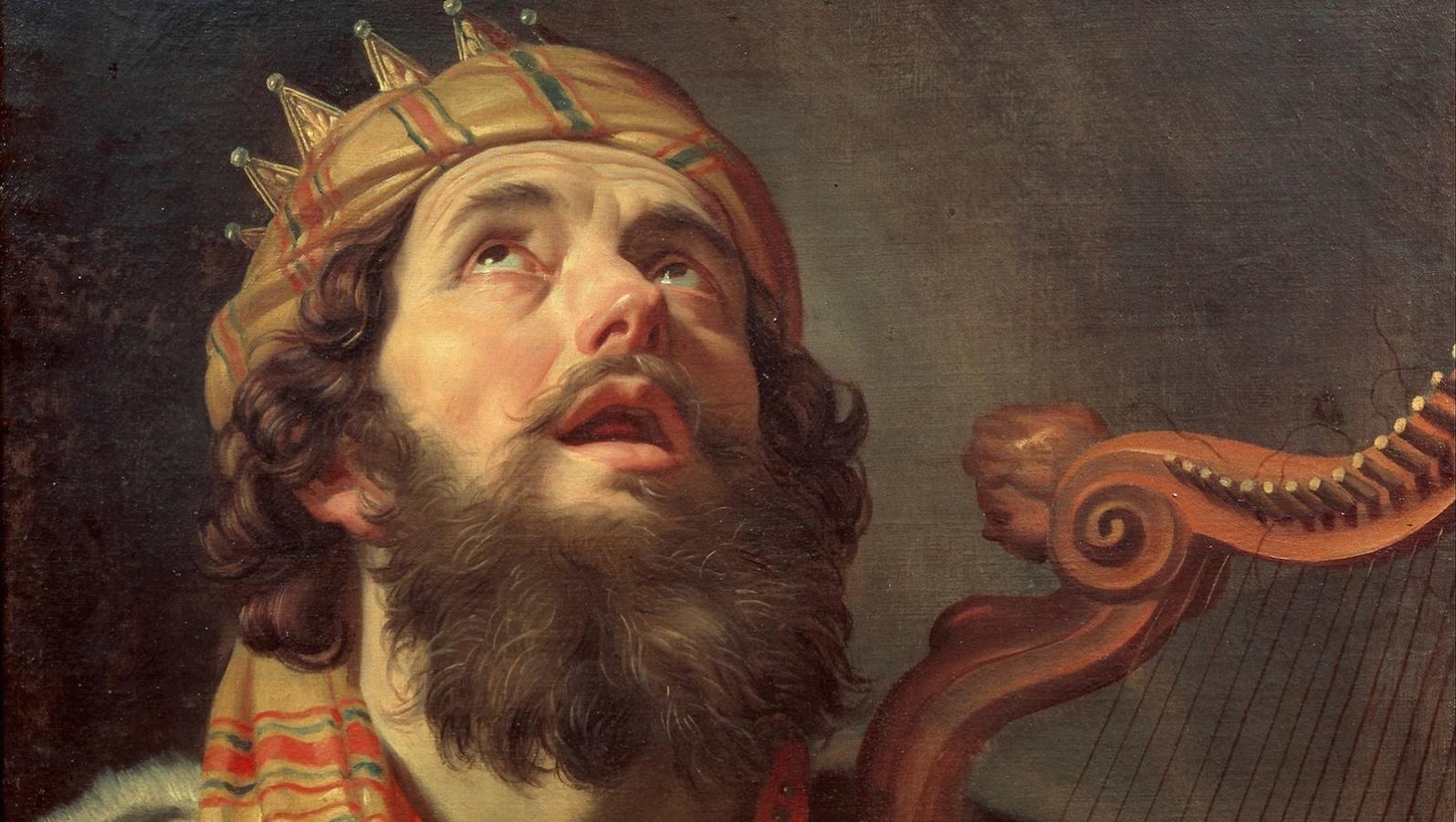Commentary on Parashat Shmini, Leviticus 9:1-11:47
In this week’s portion, Nadav and Avihu bring “strange fire” to the Tabernacle as an offering. But as God never asked for this offering, they are punished with death. Similarly, in the for Parashat Shmini we read about an event where someone tried to interfere with the Holy Ark, against God’s will, and was duly punished.
As the haftarah begins, King David is gathering up his best men–30,000 of them. He is making preparations to move the Ark from the house of Abinadav, where David had been keeping it safe, to its proper resting place in Jerusalem.
The legions load the Ark onto a cart driven by Abinadav’s sons, Uzah and Ahio. The 30,000 Israelites make a grand celebration as they escort the Ark, dancing and playing instruments. But the party passes by a,farm, and the oxen jostle the cart. Uzah reaches out to steady the Ark and–because of this, and despite his good intentions–he is instantly killed by God because he touched the Ark.
Somewhat understandably, this terrifies David. “How can I let the Ark of the Eternal come to me?” he asks (6:9), fearing that if the mere act of touching led to the death of Uzah, bringing it to David’s capital city might be a recipe for his own annihilation. So David leaves the Ark for three months at the house of Obed-Edom the Gittite.

Help us keep Jewish knowledge accessible to millions of people around the world.
Your donation to My Jewish Learning fuels endless journeys of Jewish discovery. With your help, My Jewish Learning can continue to provide nonstop opportunities for learning, connection and growth.
After those three months, we are told that “the Eternal blessed him (Obed-Edom) and all his family” (6:12), so David decides to try bringing the Ark to Jerusalem a second time. David takes extra precautions this time. With his legion of Ark-lifters, he makes a sacrificial offering after every six steps.
A Chilly Welcome
When they reach the City of David, Mihal–one of David’s wives and the daughter of Saul, David’s predecessor as king and long-time rival–sees the parade of dancing Israelites, with King David dancing at the head. She emerges and sarcastically scolds David: “The King of Israel really honored himself today! He showed himself off before every slave-girl like an empty-headed lout!” (6:20)
David retorts that he is dancing in order to honor God–the same God who chose him, and not Saul, to be king. Meanwhile, Mihal was cursed with childlessness for her snide remarks.
Plans for the Temple
After the Ark is brought to Jerusalem, David bemoans the fact that it resides in a temporary dwelling, and not in a permanent Temple. David points out the irony to Nathan the prophet: “Look, now–I live in a cedar palace, while the Ark of the Eternal stays in a tent!” (7:2).
That night, Nathan receives a prophecy in which God praises David’s good faith, but denies him permission to build the Temple. After David’s eventual death, God promises, David’s son will build the Temple and God will establish David and his line as royalty forever.



